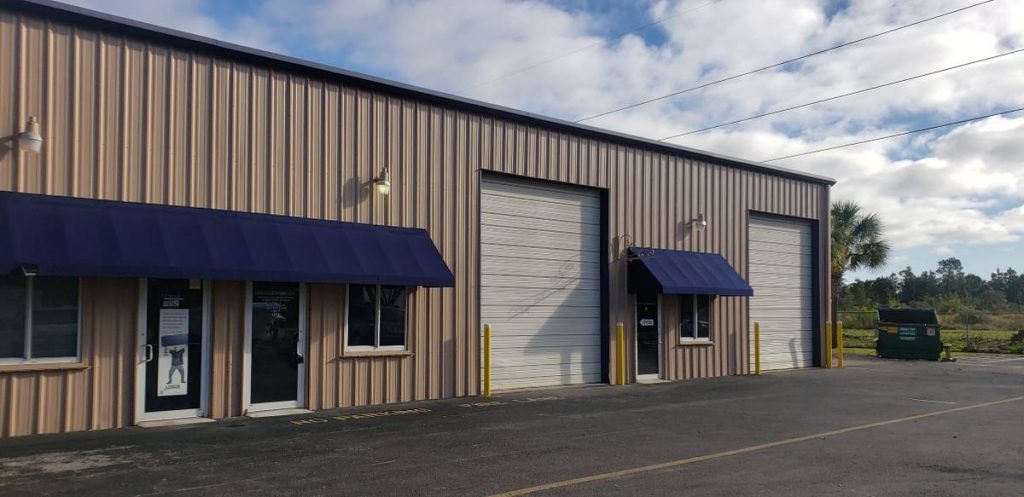
It’s been dubbed “the fastest growing city in America” and with growth comes planning, projections, and research into the needs of a community. Right now, the message is clear from the commercial real estate sector perspective, Cape Coral has a demand for office and industrial properties. Local news media outlets have highlighted the reality that those living in Cape Coral are commuting to get to their jobs in other cities. This is apparent when you join the sea of cars moving in an easterly direction every weekday morning as commuters leave the Cape to navigate to their workforce destinations.
The Cape Coral Economic Development Department confirms vacancy rates are in the single digits for industrial properties. Sunizo Superior Realty Management, a commercial property management company with properties in Florida, Georgia and Texas, has also noticed this trend in Cape Coral often having to inform potential tenants that spaces are leased up and what is left on the market is far and few between.
Currently, the city and private property owners have multi-acre sites that city officials said is available to be acquired and can be developed into industrial and office spaces. Ricardo Noguera, the Manager with the Cape Coral Economic Development Office, has verified the land is there but the city doesn’t have the product. He described some parks as antiquated but functional also noting that even though they are not on major roads, they perform very well. He is trying to bring more business to the area, but the companies want an existing infrastructure. The reality is firm, the City of Cape Coral is looking for developers.
Presently, some of the locations available for development have utilities, while others are still lacking. This is evident in the residential and housing realm as many homes are shifting from wells as a source of water to city water. The Cape Coral Economic Development Office is trying to highlight the opportunities for those willing to make the jump into further developing Cape Coral. These incentives include no state income tax, a strong workforce with a median age of 42 years, and potential benefits for companies who hire workers making above the $43,000 Lee County average.

Small business owners have a presence in Cape Coral which is undeniable, from the retail tenants on Cape Coral Parkway to the tenants that fill the industrial parks off of Kismet Parkway and Andalusia Boulevard. The “demands” of the community will have to be met in conjunction with the consideration of the “wants” of its occupants. Time will tell how the remaining space will be divided, rather it be corporations taking on larger square footage or multiple entrepreneurs splitting small to mid-size spaces.
Brian Alford, the CoStar Group Director of Market Analytics for the Central and West Florida region, attributes the robust population growth of neighboring city Fort Myers, as a driving factor in the Southwest Florida commercial region. As the population continues to boom, it is impacting the demand for industrial and retail space as a result of increased personal consumption in the area. The relationship between the progression and shift to e-commerce and commercial real estate has become even more apparent.
As previously mentioned, in Cape Coral the vacancy rate is low and has remained stable at about 4.5% over the course of the last 12 months. Industry experts are stating tenants are deciding to sign longer leases which is locking buildings in place.
CoStar Group’s Industrial Submarket Report, projects the market rent to continue to grow through 2023 hovering below on average $10.00 per square foot, while the vacancy rate is projected to hug below 5% through the same time period. CoStar isn’t expecting asset value loss in a weakening economy and recessionary environment because of several factors including these tight vacancy rates. Experts say economic influences such as trade wars and job projections are influencing the commercial sector alongside the nuances of each community such as the unique and distinct situation in Cape Coral. Alford even touched upon how technology and the way we do business (e-commerce, manufacturing, etc.) is fundamentally changing the face of commercial entities and future development. Meanwhile, landlords and property management companies are benefiting from the current status quo while simultaneously acknowledging the demand for development in their markets.
Sunizo Superior Realty Management manages commercial properties in Florida, Texas, and Georgia ranging from industrial warehouses to retail spaces.

